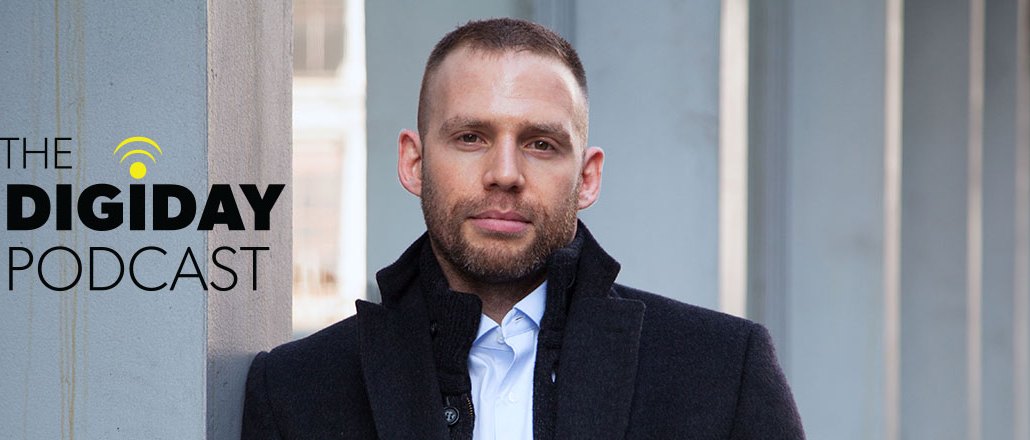Last chance to save on Digiday Publishing Summit passes is February 9

Agencies usually have discrete roles in the media world. They create ads or buy them, rarely both. But they always rely on media companies to distribute their messages.
Maybe that’s not how it should work. Jason Stein, CEO of 130-person social content agency Laundry Service, believes agencies are squarely competing with publishers, which are at heart brand-content engines. Laundry Service, which was recently acquired by Wasserman Media Group, has launched a new unit called Cycle, which is a media distribution network of 1,000 social media influencers and 1,700 athletes.
“BuzzFeed and Vice are our biggest competitors now and in the future,” Stein said on this week’s Digiday Podcast. “The only difference between what we’re doing and what BuzzFeed is doing is we’re using brands’ channels and people’s channels, and BuzzFeed is using BuzzFeed Video, BuzzFeed Food and so forth. But BuzzFeed executes media buys. They’re getting a content budget, and they’re executing a media buy behind that content. So much of those views are through media.”
Below, edited for clarity, are highlights from the podcast:
Journalism is really just content marketing
There are two ways to make money in digital media, in Stein’s eyes: subscriptions and brand content. For the latter model, that means news publishers are basically treating their newsrooms as content marketing for their advertising work. Look no further than BuzzFeed, Stein said.
“They don’t make a single penny off any journalism,” he said. “That’s just content marketing to sell the fact that they’re really good at creating relevant, shareable content. If you’re creating content and the only goal is to make your brand relevant to consumers and advertisers, that’s marketing. That’s what BuzzFeed is doing with its non-branded content.”
TV dollars are moving to digital video
Depending on who you ask, TV is either the future or on its last legs. Stein sees $200 billion of TV ad spending migrating to digital video in the coming years. That’s going to open up a host of opportunities for many players, notably Facebook and Snapchat.
“It’s coming to the platforms that do the best job of aggregating the content,” he said. “Curation has proven out to be a much bigger business than content creation. Facebook is the best content curator in the world.”
Messaging apps are the next media frontier
Messaging apps from Whatsapp to Facebook Messenger to WeChat boast enormous reach. WeChat is already a potent media distribution platform in China, directly streaming NBA games, Stein notes. Expect those dynamics to continue, with publishers selling subscriptions and offering feeds delivered directly into messaging apps.
“The share-to-many [model] is still immensely popular,” Stein said. “The one-to-one [model] is creeping up more and more.”
Commerce is coming to platforms
2015 was the year of many things, but it was not the year of buy buttons. For all the hype, Facebook and other platforms have yet to become major buying engines. Much of that is due to outdated infrastructure on the retailer side, Stein said. That will be fixed, and soon buy buttons will proliferate and seamless commerce will arrive in force on platforms like Facebook.
“Most of these big e-commerce companies built their own custom systems for fulfilling and processing commerce,” he said. “When Nike or the Jordan brand is releasing its newest, coolest sneaker directly on Instagram, … it’s through the roof.”
More in Marketing

GLP-1 draws pharma advertisers to double down on the Super Bowl
Could this be the last year Novo Nordisk, Boehringer Ingelheim, Hims & Hers, Novartis, Ro, and Lilly all run spots during the Big Game?

How food and beverage giants like Ritz and Diageo are showing up for the Super Bowl this year
Food and beverage executives say a Super Bowl campaign sets the tone for the year.

Programmatic is drawing more brands to this year’s Winter Olympics
Widening programmatic access to streaming coverage of the Milan-Cortina Games is enabling smaller advertisers to get their feet in the door.





